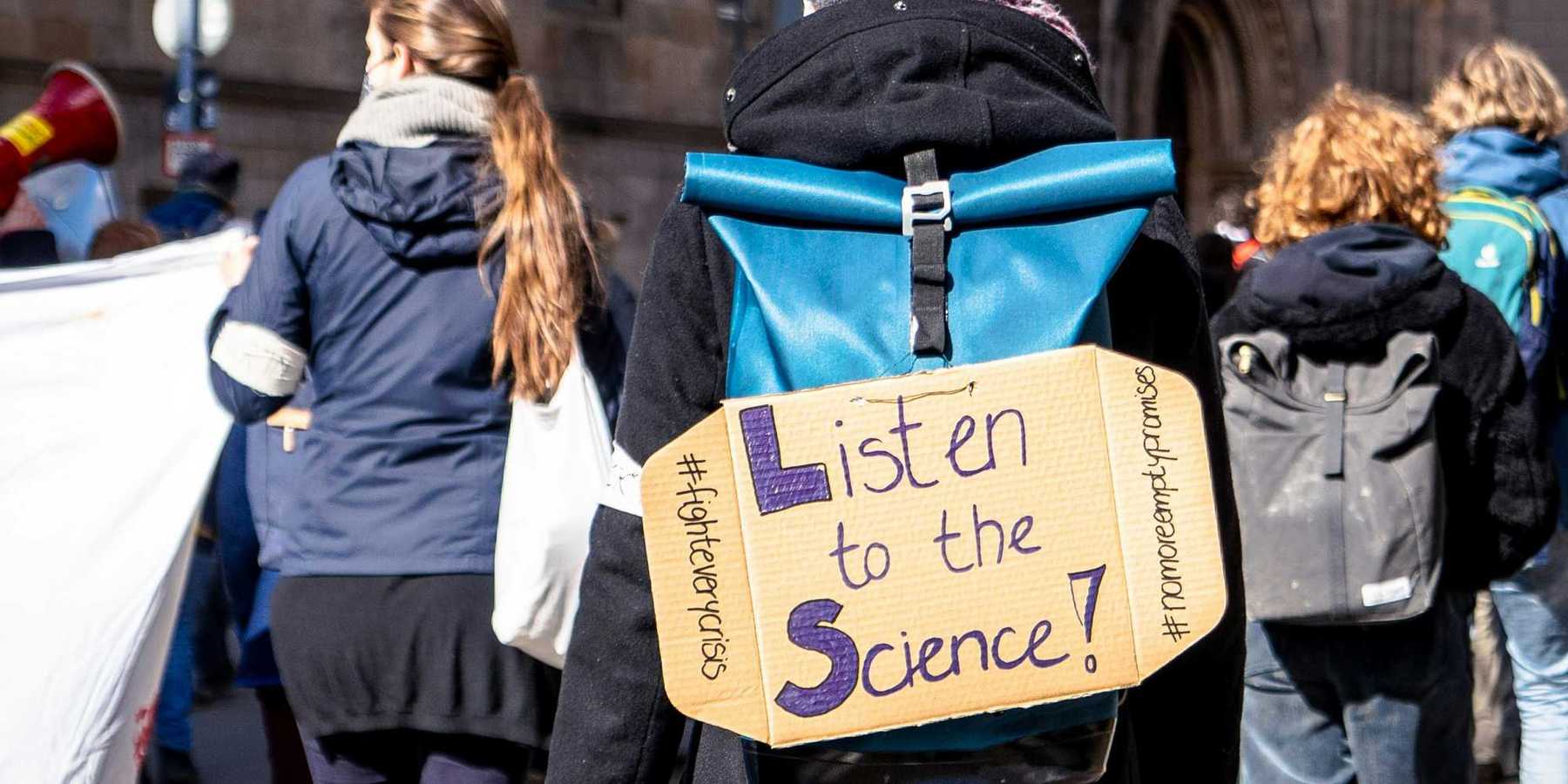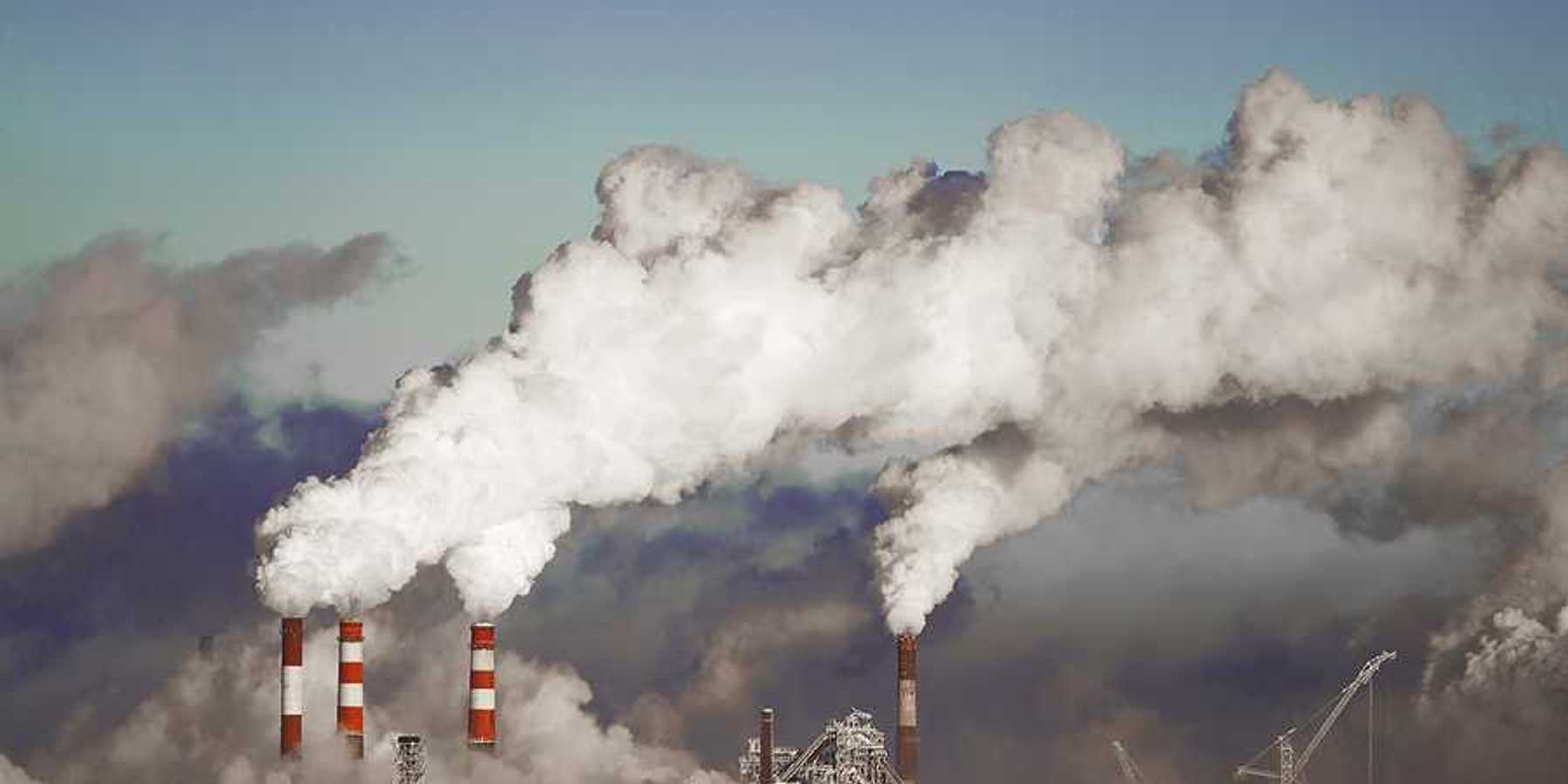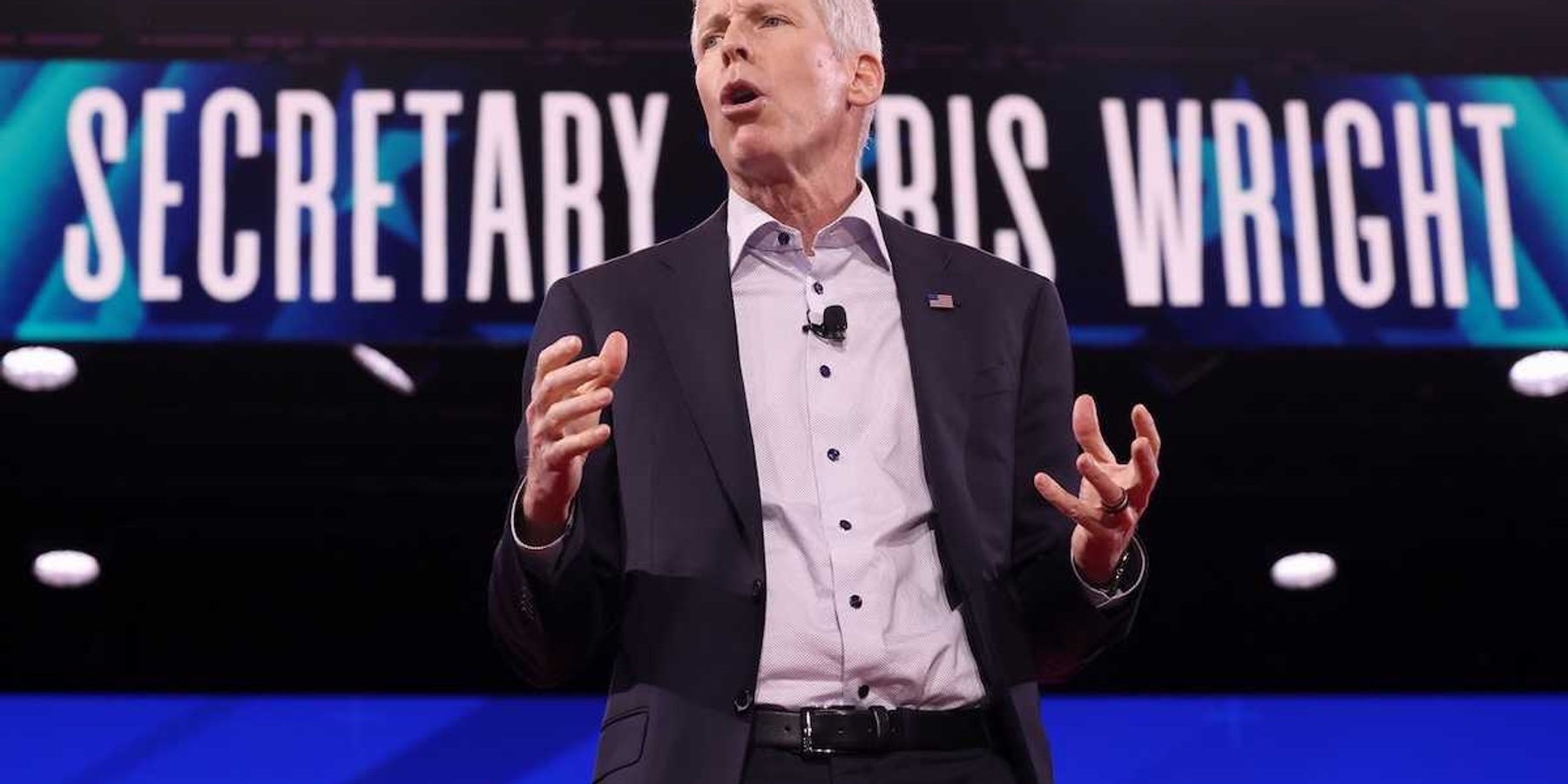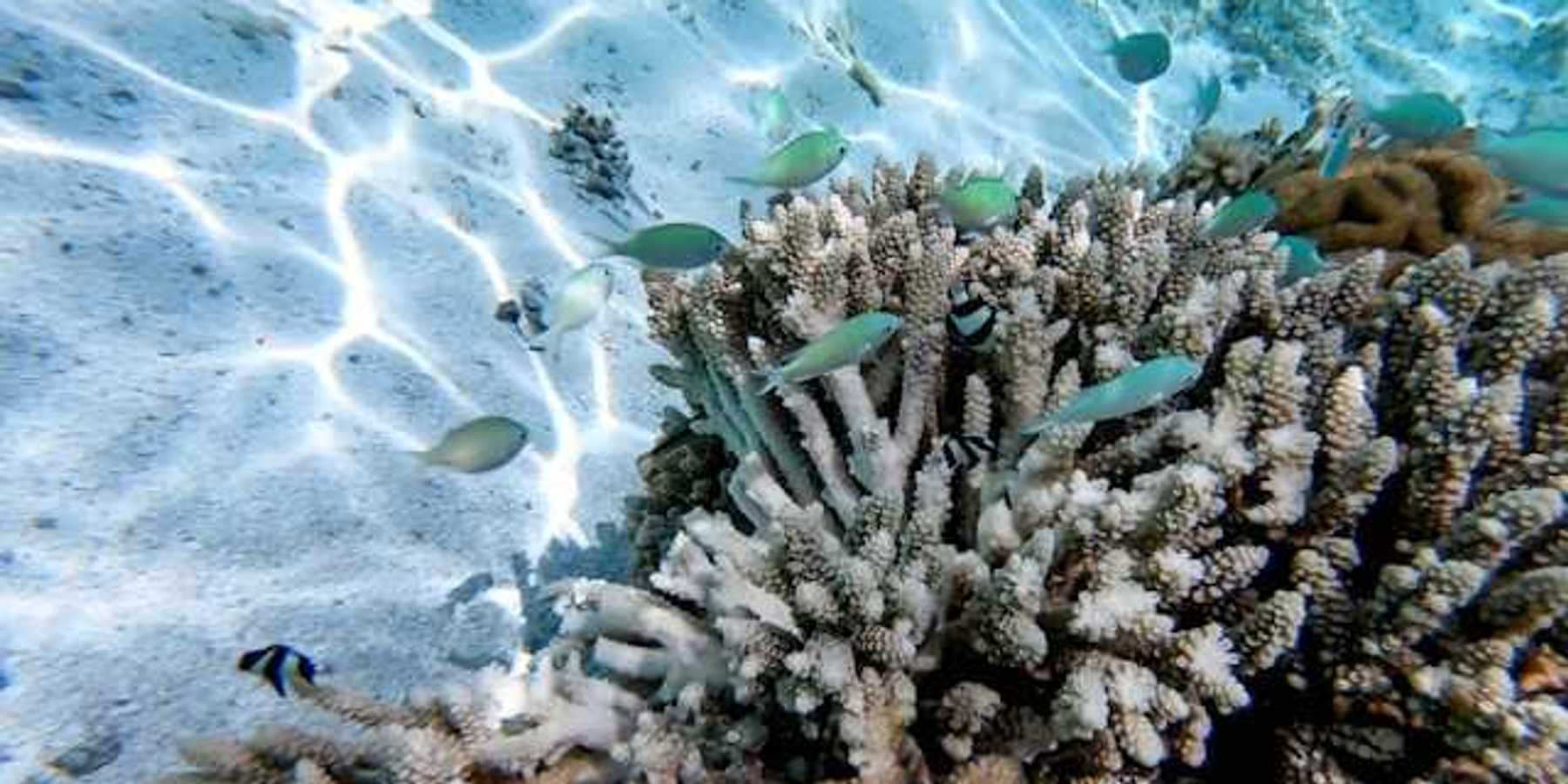UN chief warns of 'gates of hell' in climate summit, but carbon polluting nations stay silent
Associated Press: The United Nations chief says Earth is facing a hellish problem in climate change and its leaders still aren’t doing nearly enough to curb carbon emissions that’s causing it, reports Seth Borenstein for the Associated Press.
In a nutshell:
In a stark warning, the head of the United Nations, António Guterres, expressed deep concerns about the intensifying effects of climate change, likening it to the "gates of hell." He called on major greenhouse gas-emitting nations to take more substantial actions to reduce heat-trapping gases. Leaders of these nations, including China, the United States and India, did not participate in the so-called climate ambition summit, leaving Guterres pleading for action. Despite commitments to limit warming to 1.5 degrees Celsius, the world is on a path toward a dangerous 2.8-degree Celsius increase, highlighting the urgent need for collective efforts to combat climate change.
Key quote:
Guterres called on “major emitters — who have benefitted most from fossil fuels — to make extra efforts to cut emissions, and on wealthy countries to support emerging economies to do so.”
The big picture:
The lack of action on climate change, particularly by the world's major emitters, poses severe health and environmental risks. Rising global temperatures can lead to extreme weather events such as hurricanes, floods and wildfires, causing extensive damage to ecosystems and human communities. Prolonged exposure to heatwaves and air pollution resulting from unabated carbon emissions can have dire health consequences, including heat-related illnesses and respiratory problems. The resulting disruptions in agriculture and food supply chains exacerbates food insecurity, affecting the well-being of vulnerable populations. Addressing climate change is not just an environmental imperative; it's a critical public health and humanitarian concern.
Read the article in the Associated Press.
Whatever long game the Biden administration hopes to play, the planet is telling us that we are going into the fourth quarter with no promise of overtime, wrote Derrick Z. Jackson for EHN in 2021. Have we made progress since then?













